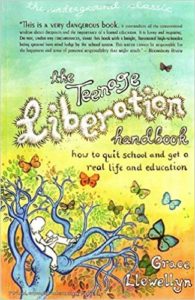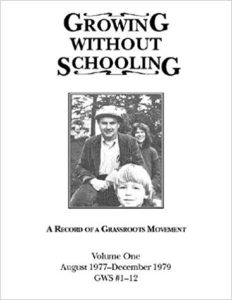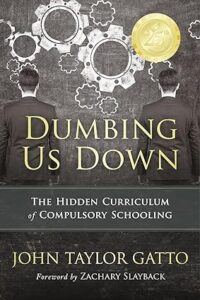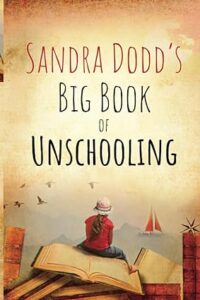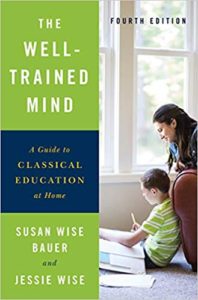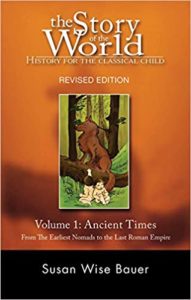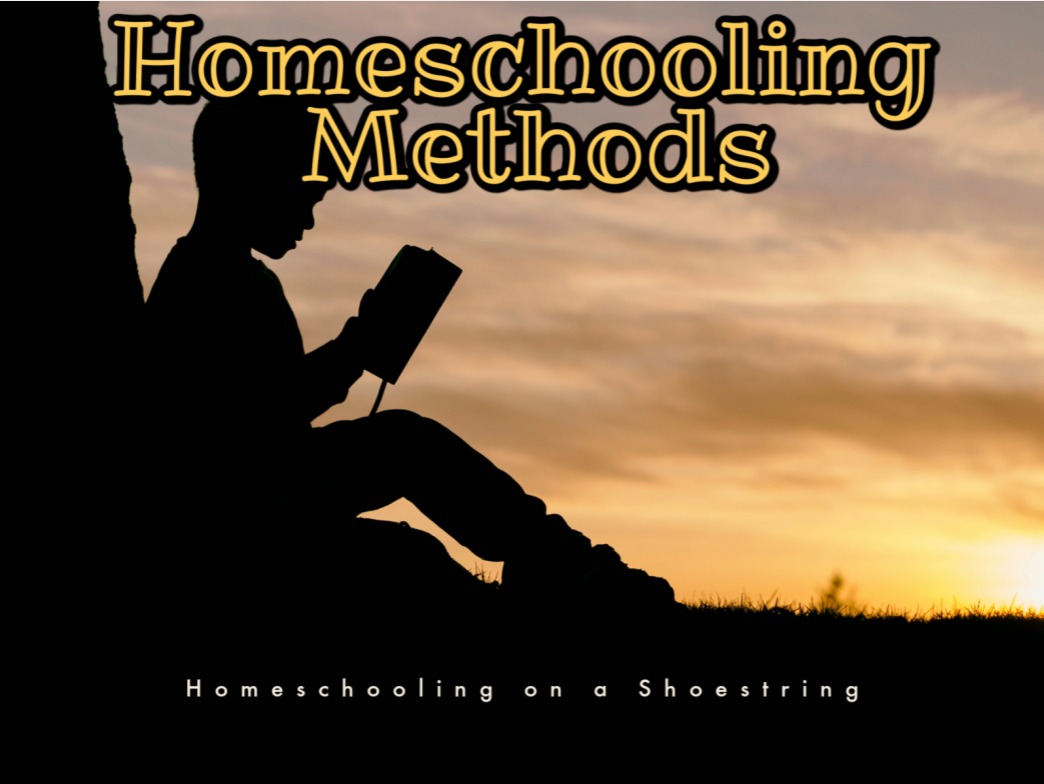
Homeschooling Methods
One of the most exciting aspects of homeschooling is the multitude of educational methods to choose from. Ironically, it’s also one of the most daunting and mind-boggling for those just entering the homeschooling arena. There is not any one “right” way to homeschool. How you homeschool will probably change and grow as you continue in the journey. It is beneficial to explore all the options open-mindedly. Take into consideration the needs, goals, schedules, personalities, learning styles, and obstacles of each of your children, yourself, and your family as a whole. Be patient with your family’s homeschooling journey–it takes time to break away from the public education paradigm and discover what works for your family. Homeschooling is not a one-size fits all type of education. Children’s learning styles are as varied as the biggest box of crayons one can find. If a certain style doesn’t mesh with your child, try a different method. You may even have to try different methods for different subjects. Also keep in mind the same method may not work for every child in your family. Be flexible, listen and you will find the method best for each child. We are here to be a resource for homeschoolers and those thinking about homeschooling.
Following is a list of some of the most common educational methods to be implemented in a homeschooling plan. These are not listed in any particular order.
by April Morris
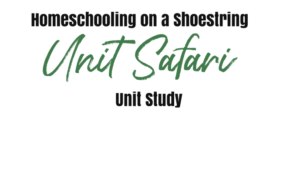
Unit Study
Unit-Safari (YahooGroup files are being updated and integrated into this website).
Heart of Wisdom Unit Studies by Robin Sampson
KONOS
Unit Studies by Amanda Bennett

Natural Learning/Child Led Learning/Unschooling
Radical Unschooling
What is Unschooling? by Earl Stevens on The Natural Child Project
John Holt Growing Without Schooling
Learn in Freedom
Life Learning Magazine
John Taylor Gatto https://en.wikipedia.org/wiki/John_Taylor_Gatto
Kids in Charge of Learning
Unschooling Books – Affiliate Links
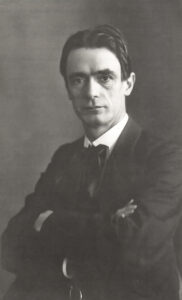
Waldorf
Waldorf education educates the whole child — head, heart and hands. It is geared to the child’s stages of development and incorporates all elements — intellectual, artistic, spiritual and movement. The goal is to produce individuals who are able, in and of themselves, to impart meaning to their lives.

Traditional or ‘School at Home’
The traditional method of instruction would be similar to the public school style with a curriculum, grading, testing and schedules. Usually a curriculum package is used with the typical grades and subjects taught in a school. The ‘school at home’ family will usually have a daily schedule and will typically also have school days and vacation days.
A Beka Book
Alpha Omega Publications
Bob Jones University Press
Calvert School
Christian Liberty Academy School System
Five in a Row
Greenleaf Press
Saxon Publishers
Sonlight Curriculum

Classical Education/Trivium
Classical Christian Homeschooling
Classical Homeschooling Magazine
The Well-Trained Mind
Classical Education
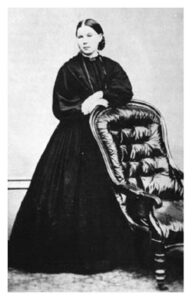
Charlotte Mason
Charlotte Mason was an educator in the 1800’s. Her method “is based on core subjects and incorporates the fine arts. Children deal directly with the best books, music and art. The children are trained in the practice of narration, or telling back what they’ve learned. The emphasis is always placed on what the children do know rather than what they do not know. This training in essay-style examination effectively prepares children for adulthood and success in college.” Her material covers an extensive amount of topics including: the formation of good habits, keeping a Nature Diary, and preparing a handmade Book of the Centuries. Charlotte Mason advocates the avoidance of twaddle, or what we might call “dumbed down” literature, and replaces twaddle with classic literature and noble poetry. Her method also includes a unique style of dictation and spelling.
Charlotte Mason Approach
Karen Andreola
Simply Charlotte Mason
Ambleside Online
Charlotte Mason Institute
Quotes
"Two roads diverged in a wood, and I I took the one less traveled by. And that has made all the difference."
Robert Frost

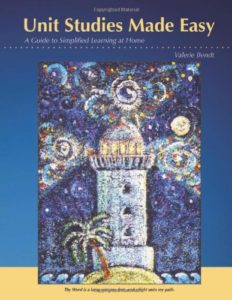 Unit Studies Made Easy by Valerie Bendt
Unit Studies Made Easy by Valerie Bendt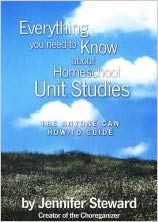 Everything You Need to Know About Homeschool Unit Studies by Jennifer Steward
Everything You Need to Know About Homeschool Unit Studies by Jennifer Steward